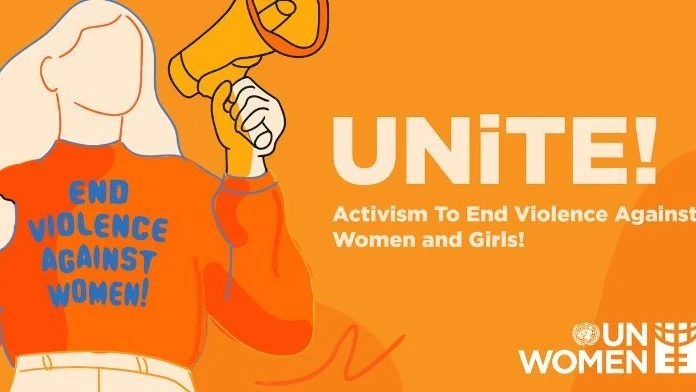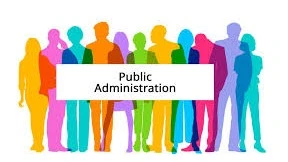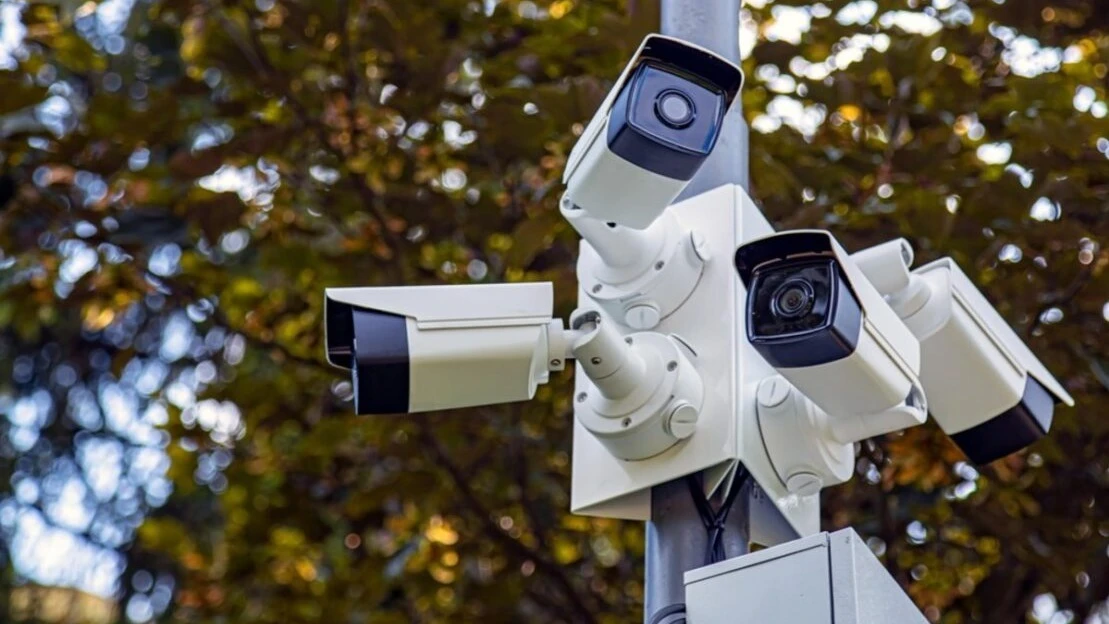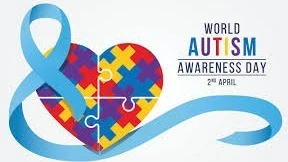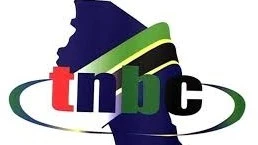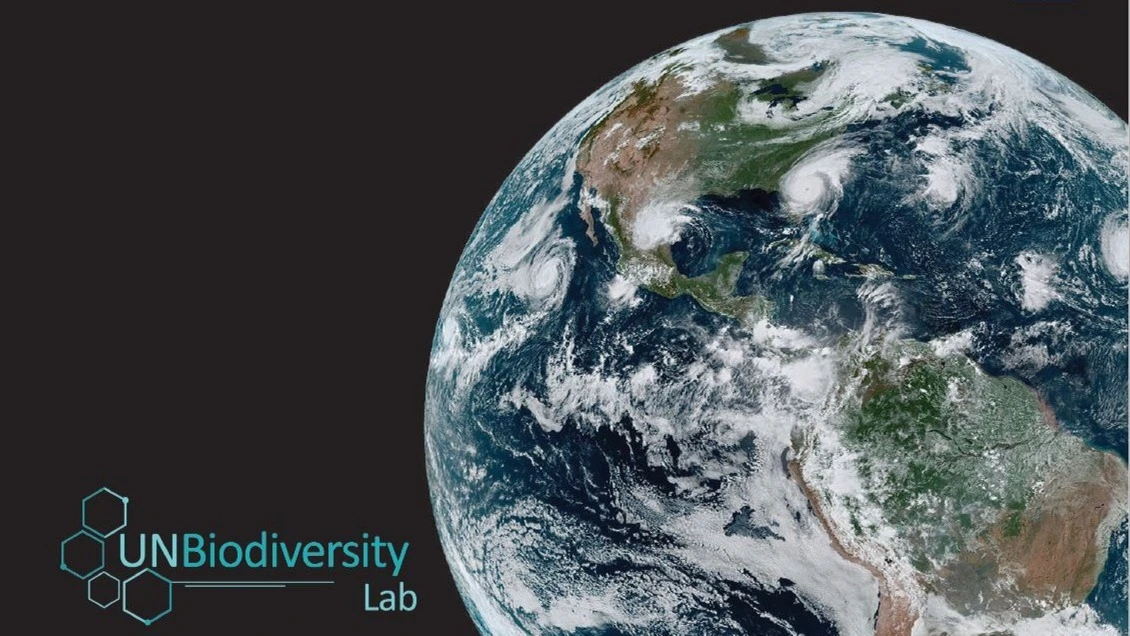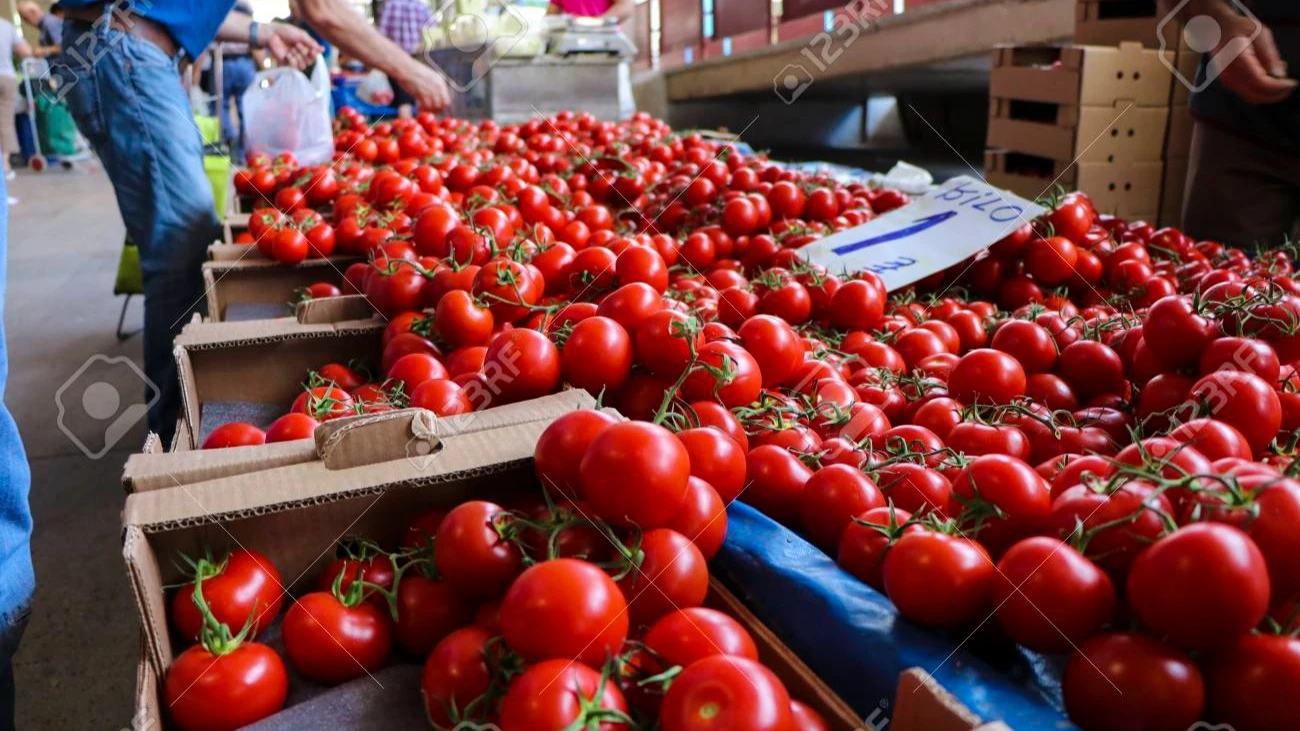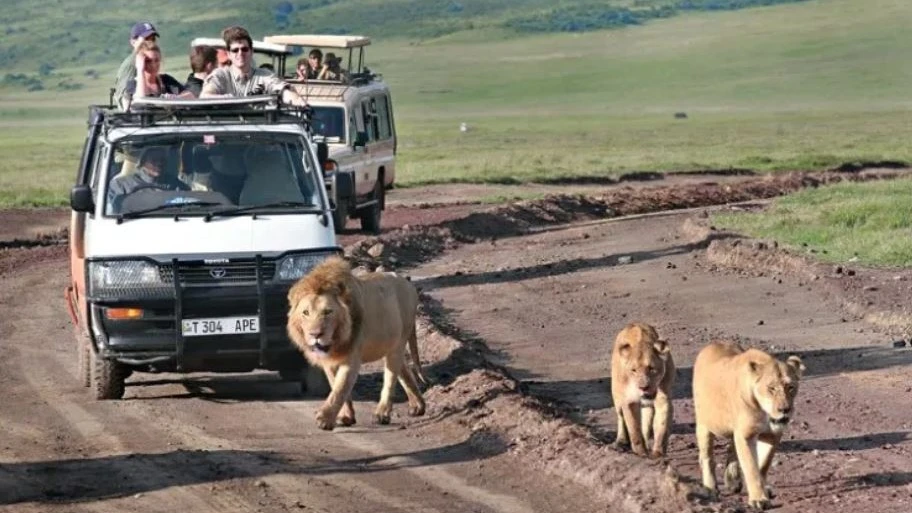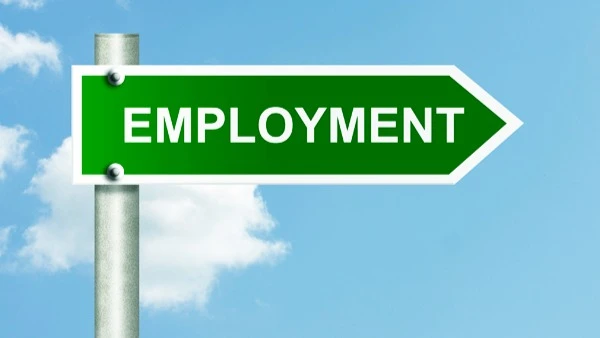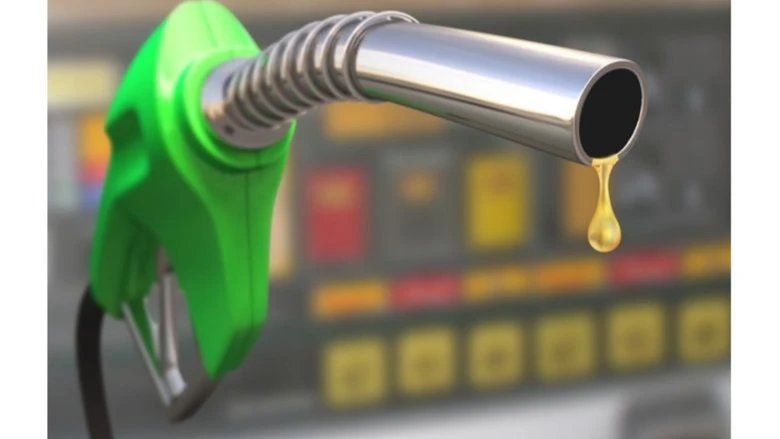Yes, new survey on energy access will be of some use
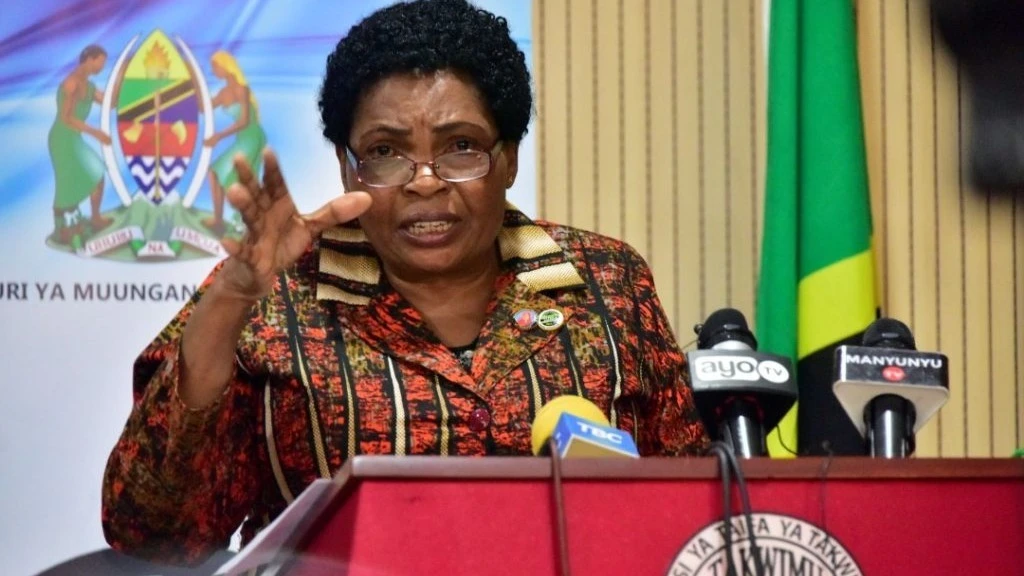
SURVEYORS from the National Bureau of Statistics (NBS) are understood to be collaborating with the Rural Energy Agency (REA) in preparing to set on the third survey on availability of clean energy across the various regions.
There has been preliminary training for 110 enumerators on how to conduct the survey, and as usual those trained with best instructors from national-level institutions are then expected to train other enumerators or surveyors.
The training was conducted by experts drawn from the Energy ministry, the President’s Office (Regional Administration and Local Governments) and NBS. But, as the survey will cover 10,500 households, 110 enumerators is way too few for comfort.
The survey is intended to gather data on cooking and lighting energy, which the chief government statistician believes is crucial for this aspect of economic activity to be clarified adequately for attaining the 17 global Sustainable Development Goals (SDGs) by 2030 and the National Vision, 2025.
According to the national statistics agency, even though the 2025 vision is coming to an end, it cannot be completed without accurate data. That also applies to preparing Vision 2050, as the government’s plan is to ensure that the 2024-2034 period will suffice for a wholesale shift to clean cooking energy countrywide.
Explanations that the survey will help the government to understand the situation on the ground, gather public input and assess the increase in income related to clean energy use, among other factors, are not strictly speaking sufficient to decide on the move.
Surveys or research studies are carried out to understand issues whose mechanisms are not in public sector control or are not directly influenced by government decisions.
That is not the case with accessing the use of natural gas or electricity, as the whole issue of costs vis-à-vis average incomes is well known. It all means that the survey is about how many people use gas, etc.
It is thus categorical that the range of issues on which the survey needs to be conducted to provide answers is fairly limited.
For instance, it could help to clarify how far houses regularly often relying beans for meals can’t afford gas.
With the main policy issues fairly easy to figure out, what was perhaps needed is a periodical survey, the sort that the Bank of Tanzania conducts before issuing quarterly reviews of the economy, the money market, the stock exchange, etc.
NBS can organise limited surveys of the kind from time to time, without having to set on a demanding target calling for nationwide surveys to establish where we are – in like manner as the Tanzania Demographic and Health Survey.
To the latter has been added a malaria indicator survey, although that needs no survey since anyone with malaria will unavoidably visit a hospital.
In all these instances, the bits of information needed were fairly minimal, meaning that the various initiatives can doubtless be qualified as tied to capacity building.
Top Headlines
© 2024 IPPMEDIA.COM. ALL RIGHTS RESERVED






